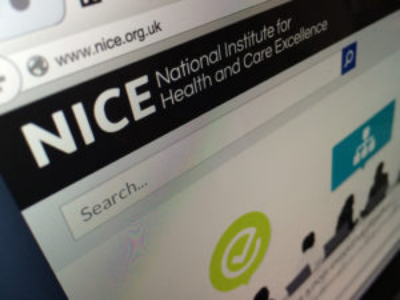The National Institute for Health and Care Excellence (NICE) has published its international strategy for the next three years.
Entitled ‘International Strategy: 2022-2025’, the organisation-wide strategy sets out the direction and priorities for NICE’s engagements and partnerships throughout the globe.
In a foreword, Sam Roberts, Chief Executive, NICE, commented: “I am delighted to present this 3-year international plan, which describes how we will support the ambitions of our 2021-26 strategy at a global level. NICE is rightly respected as a world-leader in supporting evidence-based health and care decision-making.
“As such, we recognise that we can contribute to the improvement of health and care outcomes in other countries. We also appreciate that there is much we can learn from international partners to shape and improve our own work.
“This international strategy sets out how we will achieve these ambitions through two overarching strands: by improving healthcare outcomes across the world, and by establishing collaborative relationships with other countries. It also reflects our intention to meet the challenges of a rapidly changing health and social care landscape The international strategy would not have been possible without the valuable input from a range of collaborators and partners who have a focus on global health.”
The document also provides an environmental and political context for the strategy, as well as the factors that have contributed to its existence, which include:
- Reduction in aid funding
- A growing social care demand
- Challenges of the COVID-19 pandemic
- Involving the public in decision making
- Increasing collaboration between jurisdictions
- Rising non-communicable diseases
- New and emerging technologies like artificial intelligence and data driven health technology
- Impact of rising cost associated with digitalisation and innovative technologies
- Easy access to up-to-date information to support decision making
The strategy is underpinned by two major strategic ambitions, which include:
Improving healthcare outcomes across the world, which aims to specifically contribute to:
- Promote the inclusivity of key stakeholders in health and social care through participation and engagement.
- Allocate limited health resources to health technology management and assessment to help manage rising costs and promote innovation in a cost-effective, sustainable, and transparent way.
- Improve quality of care and reduce variations in the access to health and social care services through the development of evidence-based guidance, standards, and indications implementable in local settings.
Establishing international collaborative relationships
- NICE will implement central coordination of the projects to the improve the visibility of their international collaborations across the institute.
- NICE will provide support for staff who want to collaborate to maximise the benefit of the collaboration.
- NICE will establish an international intelligence function by establishing projects collaborative relationships aligned with NICE’s areas of priority.
The document sets out which organisations will be responsible for delivering the strategic ambitions, which include NICE International – an advisory service to ministries, organisations, and government agencies to support decision-making in health and social care systems – and The Science Policy and Research Programme.
To read the International Strategy in full, please click here.



